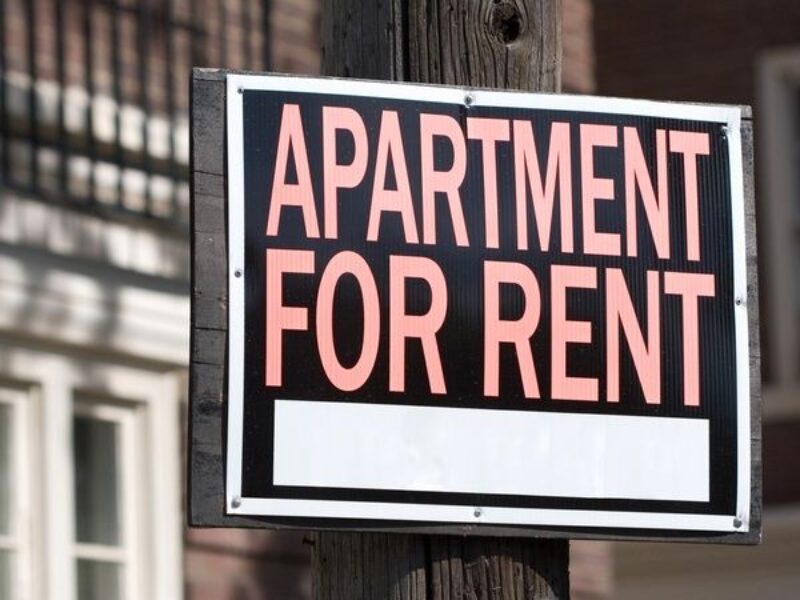What We Do: Landlord and Tenant Collections
October 22, 2015

Many issues can arise between landlords and tenants, and some of these issues may require legal action. Although landlords keep busy maintaining properties and striving to keep happy tenants, it is important for landlords to know their rights and to protect their rights by hiring an attorney in case a civil case arises.
Violations Requiring Legal Action
A landlord may have to take legal action if a tenant does/violates any of the following:
- Indiana health and housing codes – While landlords are mostly responsible for making sure their buildings comply with state health and housing codes, some responsibility falls on tenants. This includes the proper use electrical systems, plumbing, sanitary systems, HVAC systems, elevators, facilities, and appliances on the rental premises. Tenants must also dispose of garbage, rubbish, and other waste in a clean and safe manner. Also, tenants are prohibited from using the premises for illegal activities, such as drug trafficking or prostitution.
- Cleanliness of the premises – Some people believe that cleanliness is just a matter of lifestyle. However, if a tenant’s unsanitary conditions draw rodents and pests to the premises, his or her lifestyle affects the living conditions of other tenants and creates an infestation problem that may be costly for the landlord to fix. Landlords have the right to set living condition standards for their properties, which must be outlined in the lease. For example, the landlord can require that no trash be left on the balcony or front porch. If the tenant fails to comply, even after multiple warnings, landlords have the right to break the lease.
- Property damages – Usually landlords require a security deposit from tenants at the signing of the lease. Once the lease is up, this deposit is either used to fix damages that are outside of normal wear and tear or given back to the tenant. Indiana law requires that landlords return the deposit to the tenant within 45 days of the end of the lease. If any or all of the deposit is not returned, the landlord must provide a written itemization of the damages being charged against the security deposit. However, if tenants, their children, and/or their pets cause damages beyond reasonable wear and tear, this can be cause for eviction. This includes defacing, damaging, destroying, impairing, or removing any part of the rental premises.
- Lease rules and regulations – The leasing agreement is a legally binding contract between the landlord and the tenant. This document needs to clearly outline the rights and obligations of both parties. When tenants violate the terms of their lease, landlords have the right to evict the tenant from the property. The most common reason for eviction is failure to pay rent at the agreed-upon price outlined in the leasing agreement.
- Move-out conditions – Aside from the usual wear and tear expected throughout the course of habitation of a dwelling unit, the tenant is responsible for leaving the rental premises in a clean and proper condition at the termination of the tenant’s occupancy. Failure to comply with this regulation may result in fees. For example, tenants are expected to remove all of their belongings from the property. If they don’t, the landlord can charge fees for the removal of said belongings.
Indiana Eviction Regulations
There are certain regulations that the landlord must follow in order to legally evict a tenant. All eviction procedures must go through the court system. Landlords are not allowed to change the locks, remove the front door, or turn off the heat or electricity. Before the landlord can regain possession through the court system, the landlord must properly serve the tenant with a summons and complaint for eviction.
Tenants have the right to fight eviction in court, which is why landlords need a qualified attorney to help defend his or her rights. If the case is won by the landlord, he or she is not allowed to simply toss the tenant’s belongings out on the street. There is a procedure to get the locks changed (with the assistance of the sheriff department) and to store tenant belongings.
Ball Eggleston Can Help

If you require assistance in the area of tenant/landlord issues or collections, call an experienced Ball Eggleston lawyer for a personal consultation.
Ball Eggleston is located at 201 Main Street, Suite 810 P.O. Box 1535 Lafayette, IN 47902. Contact Ball Eggleston by phone at (765) 742‑9046, by fax at (765) 742‑1966, or by email at info@ball-law.com. For additional information, find Ball Eggleston online at ballegg.local. You can also find us on Facebook.
Disclaimer: The content of this blog is intended to be general and informational in nature. It is advertising material and is not intended to be, nor is it, legal advice to or for any particular person, case, or circumstance. Each situation is different, and you should consult an attorney if you have any questions about your situation.